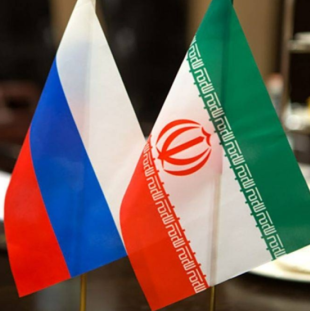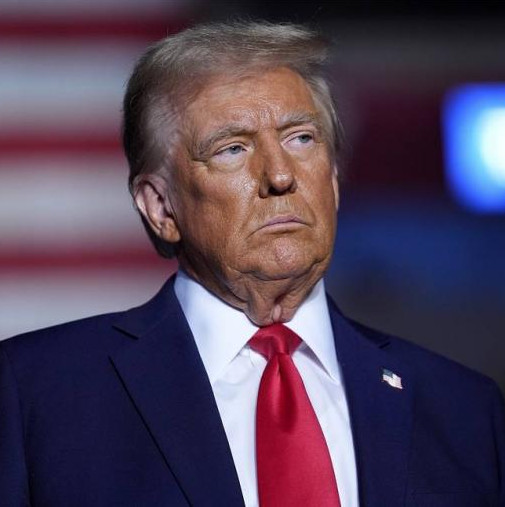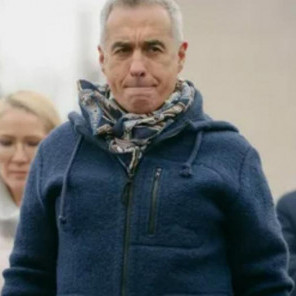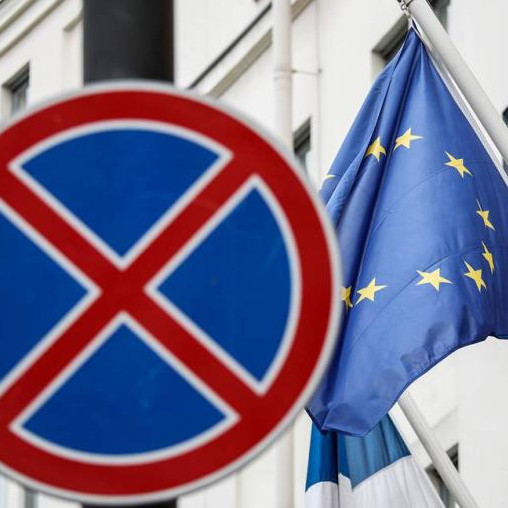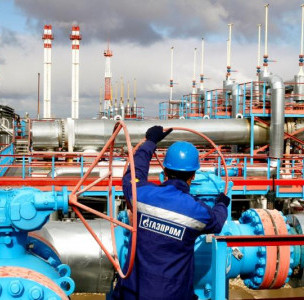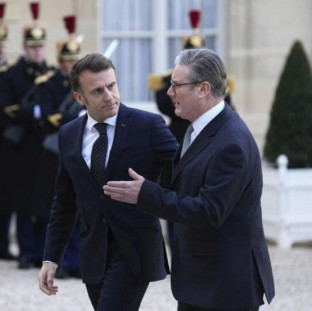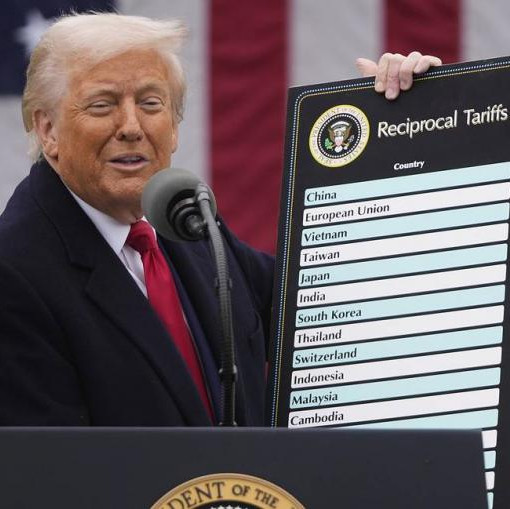The Russian oil and gas sector is menaced by a new package of US sanctions. In early April, American senators Chris van Hollen and Marco Rubio prepared another anti-Russian bill aimed to punish Russia for its alleged interference in the elections. Apart from outlining the threat posed by activities of major Russian banks and military-industrial complex enterprises, the document comprises a direct ban on new investments in the energy industry, including the oil and gas sector.
However, proper allowance must be made for an important remark – the punishment will be only applied in case of an impact on future elections. And the fact of interference will have to be established by the US intelligence services. Altogether, the hawk senators created another dismal "overhang", given that the next US presidential election will be held in the fall of 2020.
The senators' bill was dubbed Deter Act (Defending Elections against Trolls from Enemy Regimes Act). But still, this story is more about the domestic political struggle in the United States than about Russian projects proper.
Besides, Washington's key stimulus – the implementation of the Nord Stream 2 project – is not going to be affected by the Deter Act even if its provisions are approved and activated, with the senators' initiative being virtually late in coming. And it has become useless to hinder the pipeline project at the stage of construction and with a largely chosen financing partnership.
Given Washington's ambitious plans to increase exports of its own liquefied natural gas, the Americans primarily "target" Russian strategic projects on natural-gas liquefaction. In particular, primary focus is on NOVATEK's Arctic LNG-2 plant (due to be put into service in 2023) and a Leningrad region LNG plant operated by RusKhimAlyans special purpose company established on a parity basis by Gazprom and RusGazDobycha (in late March the companies agreed on the final configuration of the project for a complex to produce liquefied natural gas and process ethane-containing gas in the Leningrad Region to start the ball rolling ).
Against this background, prospective partners in Russian projects grew wary. Thus, the Saudi Aramco company warned potential fixed-income investors about the risks associated with sanctions against Russia. This was stated in the company's medium-term borrowing program: "The company is currently seeking to invest and establish natural gas and LNG joint ventures in Russia and with Russian counterparts. At the same time, a number of Russian individuals and organizations are subject to sanctions and trade restrictions imposed by the US and the EU and targeted against the Russian financial, defense and energy sector."
But it seems that by mentioning sanctions risks, Aramco is primarily trying to strengthen its hand in negotiations with NOVATEK on a possible purchase of a stake in the Arctic LNG-2 project. The top-priority goal is to get a cut-rate deal, since company chairman Leonid Mikhelson recently pointed to the project's steadily growing market valuation. This, in particular, contributed to the sale of a ten-percent Arctic LNG-2 stake to the French Total S.A. group, which was completed on March 6.
Moreover, the Saudis' initial public request was rather impressive – back in October 2018, Minister of Energy, Industry and Mineral Resources of Saudi Arabia Khalid al-Falih reasoned that the kingdom is ready to acquire a 30- percent stake in the Arctic LNG-2 project. Although, there seems to be a long way to go until a binding agreement is signed. And it is highly unlikely that the purchase of such a block takes place, chances are much higher that the stake will prove modest after all.
Aramco's concerns are needless and fail to give a objective account of the Russian LNG segment situation. It is premature to talk about a fatal slowdown of the national gas liquefaction projects. Total S.A., for instance, does not see any strategy for developing its LNG business without expanding cooperation with the Mikhelson-run company, and the March deal on partial corporatization of Arctic LNG-2 has been an indicator of the French oil and gas group's courage and determination. NOVATEK is also forming a contract portfolio – in April, new foreign raw material buyers were named under the Arctic LNG 2 project, e. g. Repsol and Vitol.
Amid the Capitol's belief in the viability of the notorious Deter Act, the sanctions cannonade sounds have never ceased. On April 9, US Finance Minister Steven Mnuchin once again touched upon the efficiency of anti-Russian sanctions, promising to keep using them in order to make Moscow change its disruptive behavior.
The same day witnessed Russian President Vladimir Putin addressing a plenary meeting of the International Arctic Forum and stating that present-day America uses sanctions as a competitive tool rather than a geopolitical element. "The future of Russia does not depend on the sanctions," the head of state summed up.
